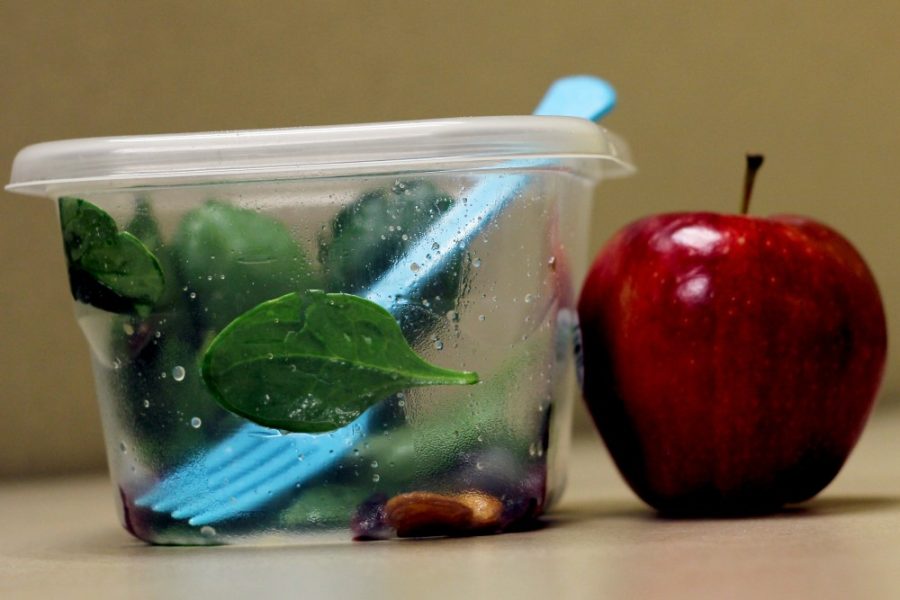When you throw your leftover food away, the last thing on your mind is that it could be recycled. In reality, your Chipotle burrito can actually become soil for a garden.
The UA Compost Cats comprise a student-run organization with a mission to turn waste into compost. The program started in early 2011 and has since transformed over a million pounds of waste into usable soil. Currently, about 15 students are involved in the organization.
Madeline Ryder, the marketing committee head and compost technician, is one of the students who goes to local businesses and picks up their food waste.
“It can be between one and three times a week,” Ryder said. “Some places every day, like Whole Foods [Market].”
The program picks up waste from about 20 different businesses, including Chipotle, Wilko, Beyond Bread and Starbucks. After the students collect the food waste, they put it in a central dump location where the city picks it up. The city then takes it to a farm to be turned into compost.
“The compost technicians can also work on the farm,” Ryder said. “We use a tractor and turner to turn the food waste into compost.”
The Compost Cats’ main goal is to reduce greenhouse gas emissions through the process of composting. According to Ryder, if food is put in a landfill, it does not have access to oxygen and becomes methane gas.
“What we do is take the food and compost it,” Ryder said. “It immediately takes methane out of the equation and allows people to use an organic soil.”
According to Drew Shindell of NASA’s Goddard Institute for Space Studies, methane is a large factor in global warming and has a heating effect 60 percent higher than carbon dioxide.
“That tells you that methane is a pretty big player,” Shindell told Richard Harris in “Methane Causes Vicious Cycle In Global Warming.”
The other goal of the Compost Cats is to encourage student leadership, Ryder said.
“We want to make sure that future students have the opportunity to make a difference, instead of just being on the lower ranks of any organization,” Ryder said.
The Compost Cats recently earned the Arizona Recycling Coalition 2013 Recycler of the Year Award. The organization has also composted over 1.5 million pounds of organic waste in about two years.
“We have also become partners with the city of Tucson,” Ryder said, “which is practically unheard of for a student organization.”
The Compost Cats often donate compost to the city.
“You won’t find any other job like this on campus,” Ryder said. “It’s an amazing experience.”









